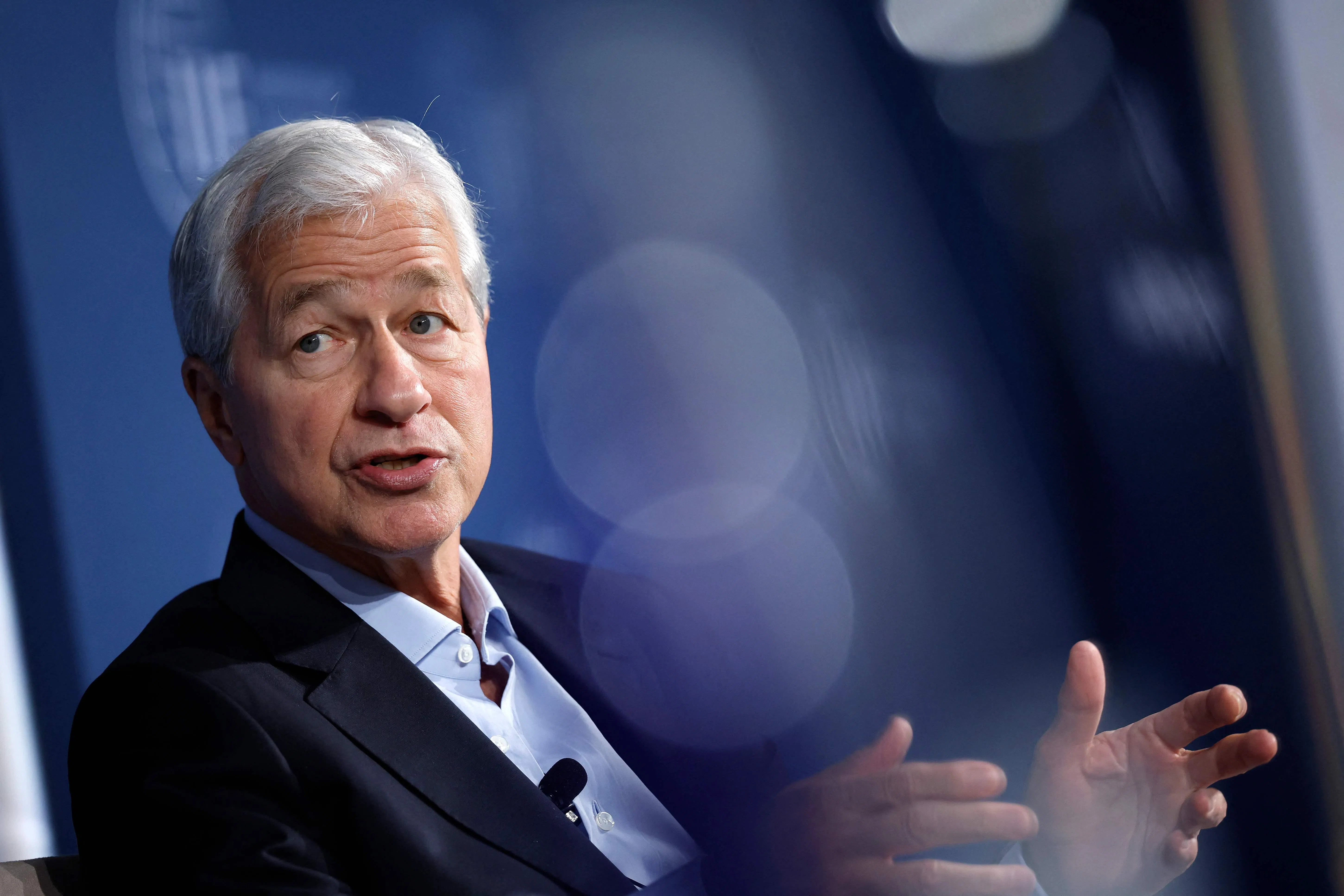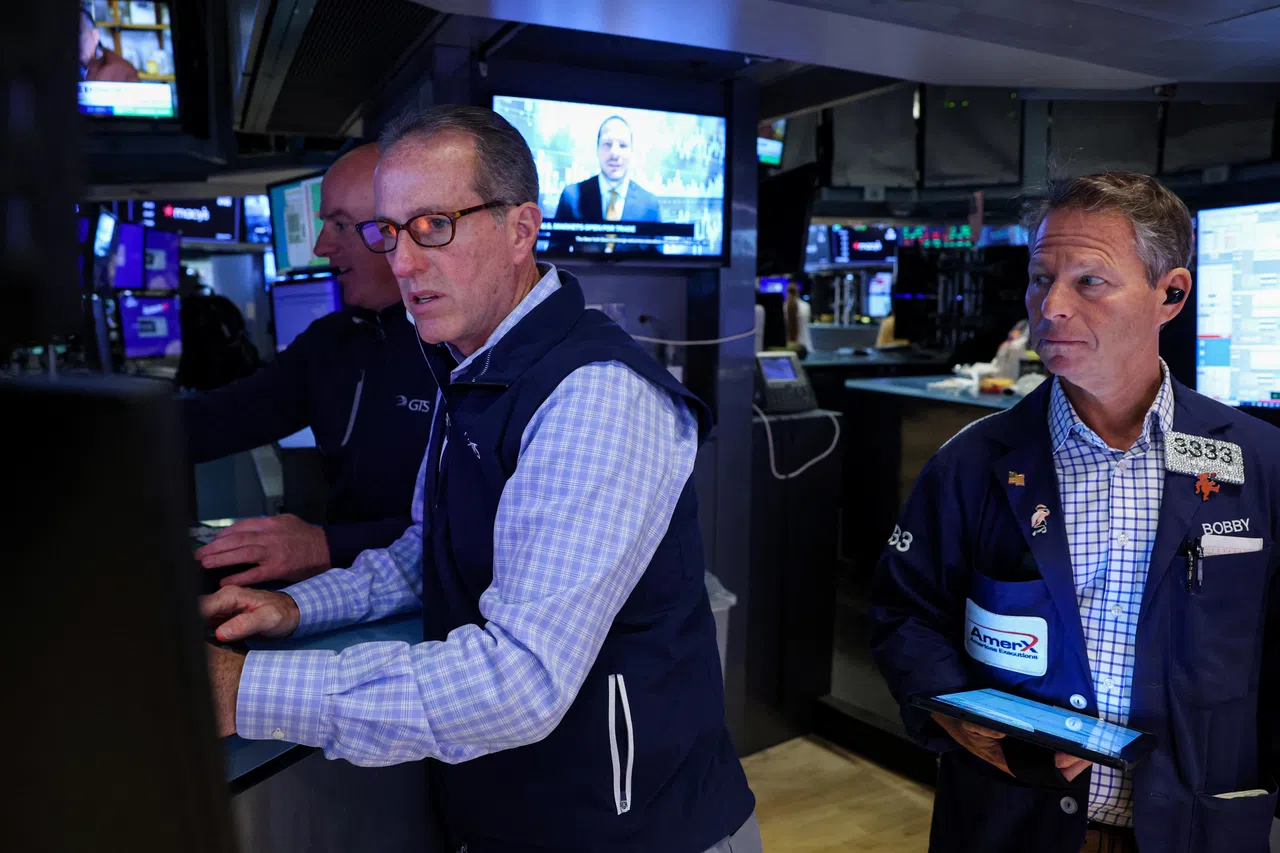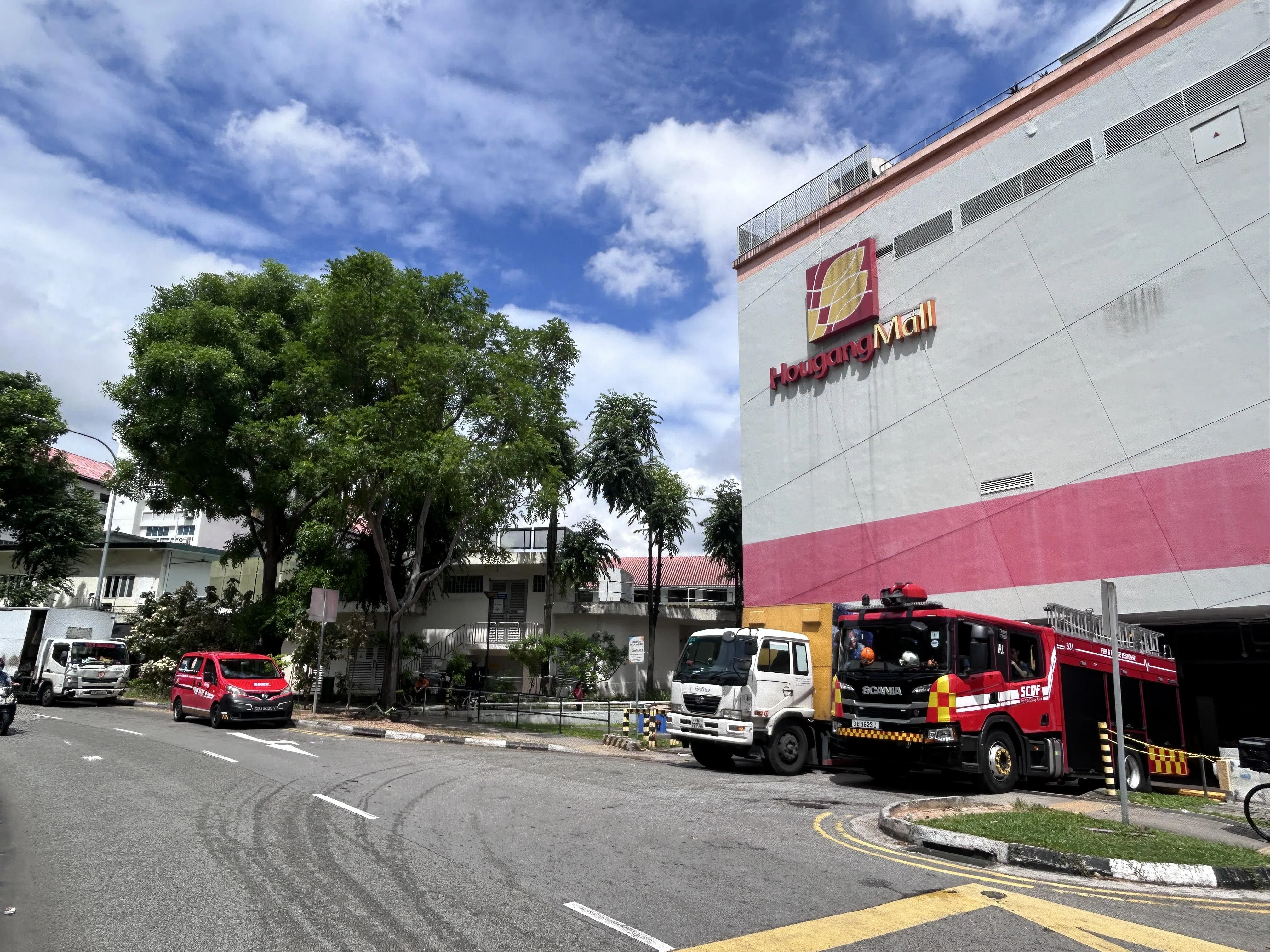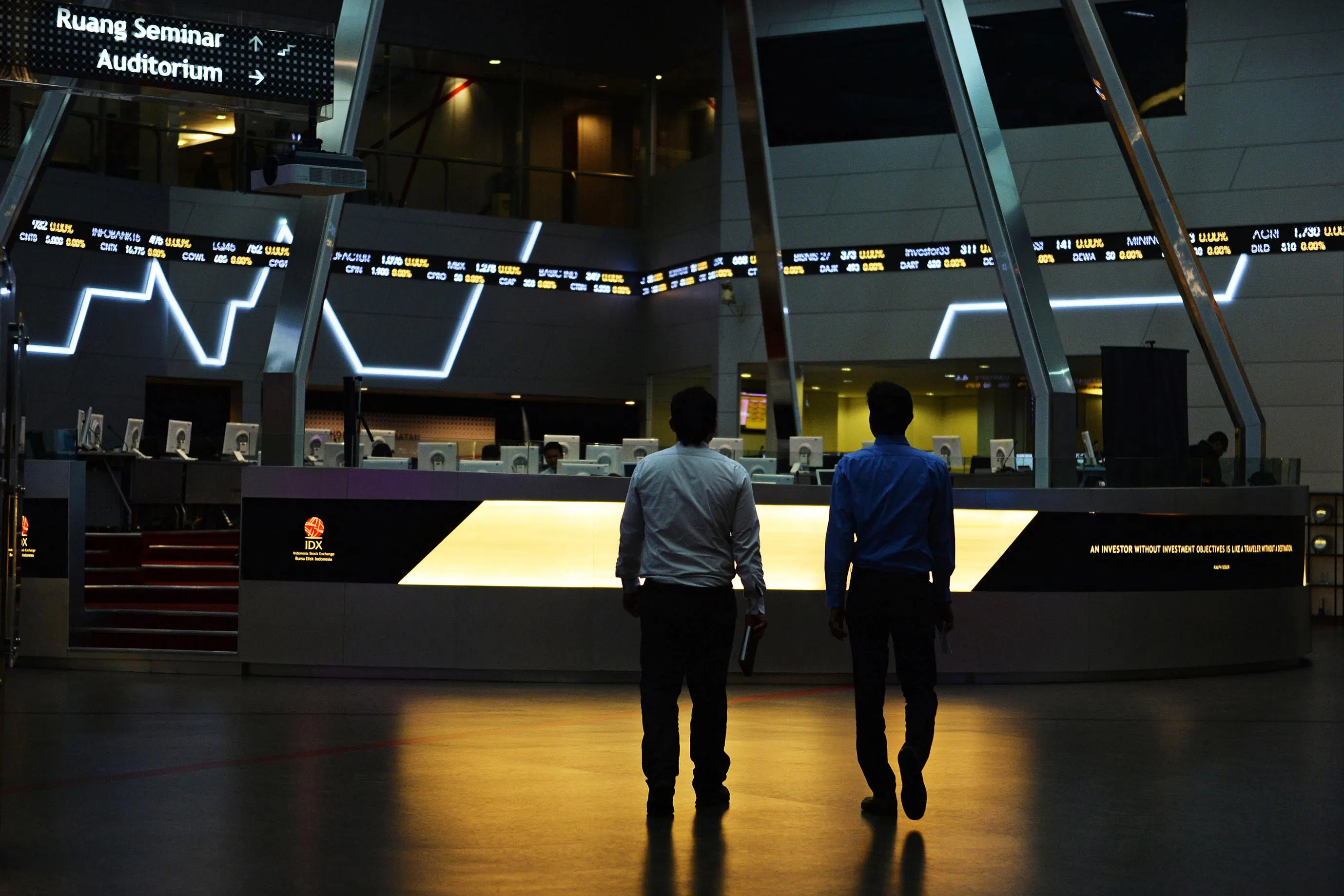EVEN as many initial public offering (IPO) aspirants seek to list in the US, the recent experience of some Singapore companies has been less than positive.
A check by The Business Times found that four out of the five Singapore-based companies that made their US debuts in the first half year have struggled.
These include Haidilao hotpot chain’s operator Super Hi, which became dual-listed in Nasdaq in May, 18 months after being listed on the mainboard of the Hong Kong Exchange. It raised US$52.7 million at an IPO price of US$19.56 per share.
After soaring 14 per cent to US$22.29 at its debut, the counter fell back to around US$20. On Jul 5, Super Hi’s shares closed 4 per cent higher at US$18.
Other Singapore-based companies that listed in the US during the half year were ride-hailing and carpooling firm Ryde Group, manufacturing solutions provider Tungray Technologies, telehealth firm Mobile-health Network Solutions and staffing firm YY Group.
“We observed a rather unfavourable post-IPO performance for this group of market entrants, with their average share price performance on the decline,” said professional services firm Deloitte.
BT in your inbox
Start and end each day with the latest news stories and analyses delivered straight to your inbox.
Only one of the five new listcos in the US – Ryde Group – had seen its share price rise since IPO.
Other well-known Singapore companies listed in the US include Grab and Sea. Year-to-date, Grab has risen 5.3 per cent, closing on Jul 5 at US$3.55, whereas Sea is up 77.5 per cent to US$71.88.
In a report issued on Jul 4, Deloitte noted that while the US market could offer advantages over regional bourses, an overseas listing may not be suitable for every company given relatively higher costs.
These include higher professional fees and stock exchange fees – on top of higher compliance costs post-listing due to stringent periodic reporting – compared with a local listing, Deloitte told BT.
It added that the share price declines, coupled with the high compliance costs of listing overseas, pose challenges to these companies in maintaining investors’ confidence and market value amid a volatile economic environment.
“Founders must consider several factors when contemplating an overseas listing, including specific local issues, which capital market to choose and how they can navigate the complexities of going public in a foreign jurisdiction,” it added.
Companies also face the risk of delisting if the minimum trading price requirement is not met.
Singapore-based property technology platform Ohmyhome recently received a deficiency letter from Nasdaq as the counter had not met the minimum bid price of US$1 per share for 30 consecutive business days.
Ohmyhome has been given until Oct 28 to achieve a closing bid price of at least US$1 for a minimum of 10 consecutive trading days. If it does not revive its share price by then, it may be eligible for additional time to regain compliance or may face delisting. Shares of Ohmyhome closed at US$0.576 last Friday, up 3.1 per cent.
Despite all the drawbacks, analysts said that the US market remains attractive because of higher valuations compared to the local bourse.
“This is enticing for company owners hoping to realise a higher value for the equity stake they are selling,” said Yap Fook Hien, senior investment strategist at Standard Chartered Bank.
Yap noted that the US market’s valuation premium is often justified by the greater investor interest, leading to “superior trading liquidity, strong profit maximising incentives for US companies and well-established regulations governing US companies”.
The US market also offers a more robust pool of capital with a deep appetite for investments in emerging markets, especially given the current aversion to Hong Kong and China listings, said Jonathan Woo, senior research analyst of Phillip Securities Research.
Additionally, the sheer size of the US financial market makes its exchanges the world’s most liquid, appealing to growth-stage companies, said Art Karoonyavanich, head of equity capital markets at DBS.
Only one listing on SGX so far this year
Singapore Institute of Advanced Medicine (SAM) was the only new entrant on the Singapore Exchange (SGX) in the first half of 2024, aside from Prosper Cap Corporation’s reverse takeover of 3Cnergy in January.
At an IPO price of S$0.23, the cancer treatment provider raised about US$20 million with an IPO market capitalisation of US$173 million, which makes up 3 per cent of total IPO market capitalisation in South-east Asia, based on Deloitte’s report.
At its Catalist debut on Feb 16, SAM’s shares closed 17.4 per cent below its IPO price at S$0.19 per share. The counter has since then fallen about 56.5 per cent post IPO, closing at S$0.10 last Friday.
Despite a stagnant IPO market in H1, Karoonyavanich highlighted that the Republic’s equity capital market has its competitive strengths, such as being the deepest real estate investment trusts (Reits) market in Asia ex-Japan.
“We have seen growing interest for secondary listings from businesses seeking to expand their operations in South-east Asia. This is underpinned by Singapore’s position as a global financial hub and its stable pro-business environment,” he added.
South-east Asia’s dwindling IPO market
SGX’s IPO market reflects a lacklustre regional backdrop.
The South-east Asian IPO capital market had 67 IPOs in 2024 H1, 21.1 per cent down from 85 new IPOs in the previous year.
Total IPO proceeds raised in the region shrank 58.8 per cent to US$1.4 billion from US$3.4 billion a year ago. The IPO market capitalisation contracted 71.1 per cent to US$5.8 billion in this half year, from US$20.1 billion in 2023 H1.
The Malaysia IPO capital market tops the regional bourses in terms of total IPO funds raised at US$450 million. Noteworthy listings include Alpha IVF Group, a fertility care specialist operating in Malaysia and Singapore, which raised US$94 million with an IPO market capitalisation of US$329 million.
Thailand’s IPO market, which raised the second-largest amount of US$427 million, had the largest listing in the region – Thai Credit Bank raised US$208 million with an IPO market capitalisation of US$1 billion.
“Indonesia, which topped the 2023 SEA IPO charts, experienced a significant decline in the first half of 2024, as investors and IPO aspirants adopted a wait-and-see approach in light of the presidential elections in February 2024 and in anticipation of new economic policies,” said Deloitte.
Reit listings might return
“Looking further ahead, the potential for interest rates to decrease could spur the return of Reits listings in the region,” said Deloitte South-east Asia accounting and reporting assurance leader Tay Hwee Ling.
As artificial intelligence (AI) associated businesses are still in the early development stage within the private domain, Tay expects a “significant wave” of AI IPOs tapping into the IPO capital markets in the coming years, bringing new opportunities to the market.






